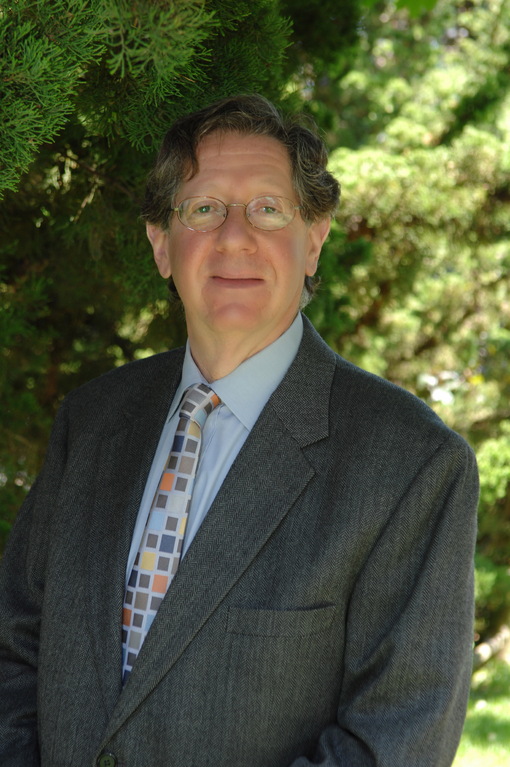The kosher bookworm: Why the Bible Commands You to Be a Conservative
Literature and thoughts on the election
By Alan Jay Gerber
Issue of Oct. 3, 2008 / 2 Cheshvan 5769
Well, at long last, it is going to be over. Election Day is Tuesday and we will be joining our fellow Americans at the polls in choosing our next president.
Voter turnout is expected to be high as a result of the interest in the
candidates and the issues. We are a nation at war and in economic distress,
just the ingredients that will make for the expected long lines at our area
polling places.
In the world of literature, this year's crop of books included one that
directly impacts upon the Jewish community. Why the Bible Commands You to
Be a Conservative by David Klinghoffer directly challenges the Jewish
community to re-evaluate its traditional political support of those
candidates and public officials who are of the liberal-left persuasion.
Dealing directly with such issues as Islamic terror and gay marriage, economic issues such as poverty, high taxes and government waste, as well as immigration and global warming, the author goes directly to the holy writ to attempt to prove his case that the conservative political cause is in sync with our religious beliefs and our self interests for survival, both spiritually and physically.
Klinghoffer goes straight for the rhetorical jugular as he lays out his political polemic, claiming that the conservative cause is in consonance with the Bible, whereas the left advocates fore causes that are in direct
contradiction to the tenets of our faith. He further claims that the Bible is an unapologetically political book in the context of today¹s political scene.
Two recent articles by Klinghoffer, both written after his latest book, further buttress his thesis. The first, a Q & A on his beliefs with National Review On Line Editor Kathryn Lopez, further expands on the reasoning behind Klinghoffer¹s thinking. Entitled, God & Man on Election Day, Klinghoffer sharply ties his opinions to the current campaign to the point of tackling such "religious" personalities as the Reverend Jeremiah
Wright and his Bible-based beliefs to those of his own, questioning Wright's religious integrity and political patriotism.
Within the context of this piece, I was most taken by the quote by one of my heroes, Whittaker Chambers, who once said: "Political freedom, as the Western world has known it, is only a political reading of the Bible." I urge you to google Chambers and read his memoir, Witness, to better appreciate the man and his quote, so relevant to our troubled times.
The second article, Why Jews Fear Sarah Palin, (The Forward; Oct. 2, 2008) bears close scrutiny in its sharp evaluation of Jewish political behavior in light of their economic status and place in American society,
especially when it affects their vital self-interests and physical survival.
Basically, the less religiously committed the Jew, the more likely that they feel "threatened" by Sarah Palin. Unfortunately, this element constitutes the overwhelming number of American Jews who have lost their way
spiritually and who have come to view political liberalism and even socialism, in all its shades and varieties, as a surrogate for their lapsed faith in the Judaism of their forebears.
The very fact that Palin is so open about her religious beliefs and is so supportive of many Jewish causes has for some reason generated offense among many in the Jewish community, thus constituting a monumental chillul Hashem that might come back to haunt all of us and our progeny. This behavior will serve as a warning to others that it does not pay to advocate Jewish interest causes if you are political conservatives. Jews only vote for political liberals, even liberals who are hostile to Jewish interest causes. Case in point: Just ask our neighbor, Alfonse D'Amato.
Klinghoffer responds: "Torah, whether we like this fact or not, is about nothing if not giving practical expression to religious beliefs, in both private and public life, often in demanding and intrusive ways. That is a basic axiom of the Jewish worldview that offered transcendent meaning in life to generations of Jews before us."
To this, Klinghoffer asks the question, "So should not we be running toward Palin, instead of away? You might think so. But Jews of all denominations have grown increasingly distant from the traditional Jewish
view of the world."
Indeed, we have lose our way.
The author concludes the thesis of this piece by noting, sadly, from a recent survey that "Jews were the second most liberal religious group, with 34% identifying with the political left, behind only Buddhists [who include many born Jews]."
Now, ain't that nachas!
While there is much in this book that I would consider a bit overstated, at least these overstated arguments are presented for what this writer considers a just cause. I share the apprehensions of many in our community if a wrong decision is made next Tuesday. This apprehension is reflected in both verbal and written conversation that I have had since my last 'political piece about the JStreet activities. A good read of this book will give the fortunate reader the chizuk he or she will need in the days to come.
One last thought: No matter what the media and their polls show, please remember to go vote. Expect long lines, so bring a good book along with you to read. A chumash or tehillim would be ideal, but please, remember to show up. I hope to be there, too. Even acorn-chomping bookworms can vote this year.
In 1980 Rav Moshe Feinstein, zt"l, wrote urging his fellow Jews to exercise their rights, as guaranteed by the U.S. Constitution to vote so as to protect our rights to religious freedom. His words ring loudly and even
more urgently today. Let's do it.

 48.0°,
Overcast
48.0°,
Overcast 




